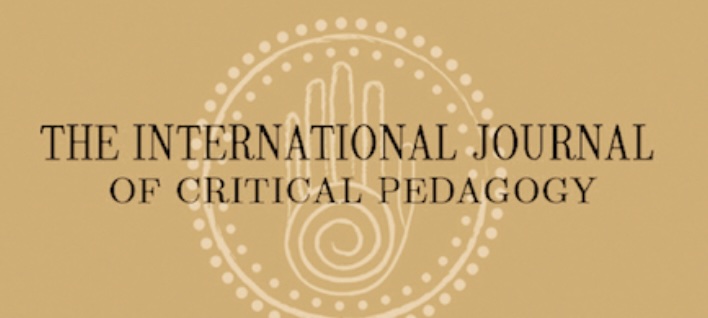Abstract
The mainstream literature on Early School Leaving (ESL) policies in education are presented as a panacea for inclusive practices that support an equality of opportunity agenda for disadvantaged youth and their local communities. However, critical pedagogy reveals the meritocratic ideology underpinning such reform efforts and shows how their reproductive default positioning continues to advantage the already advantaged while reductively framed as an issue of the individual. Freire argued that education is either in the direction of emancipation and human freedom or in the direction of domestication, colonisation and neutralisation. The critical literature review of ESL conducted here, as part of a doctoral study based on Freirean philosophy, draws extensively from the field of critical pedagogy. The analysis highlights a dichotomy between inequitable ESL responses framed in neoliberal deficit human capital thinking as opposed to critically aware ESL pedagogies. We conclude that critical pedagogies can offer novel turnaround narratives that re-write ESL policies in ways that are emancipatory and transformative. Disengagement from education is a long term and complex process therefore ESL policy initiatives, if they are to be successful must be humanistic, critical, democratic and concerned with systemic issues and public interest values.
Keywords: Early School Leaving, Critical Pedagogy, Critical Literature Review, Neoliberal/Human Capital Theory, Transformative/Emancipatory Education
How to Cite:
McKenna, D. & Simmie, G. M., (2024) “Framing Early School Leaving Interventions and their Policy Responses: A Critical Literature Review of Mainstream Narratives and Counter-Narratives”, International Journal of Critical Pedagogy 13(1), 67–88.
Downloads:
Download PDF
View PDF
1210 Views
746 Downloads
